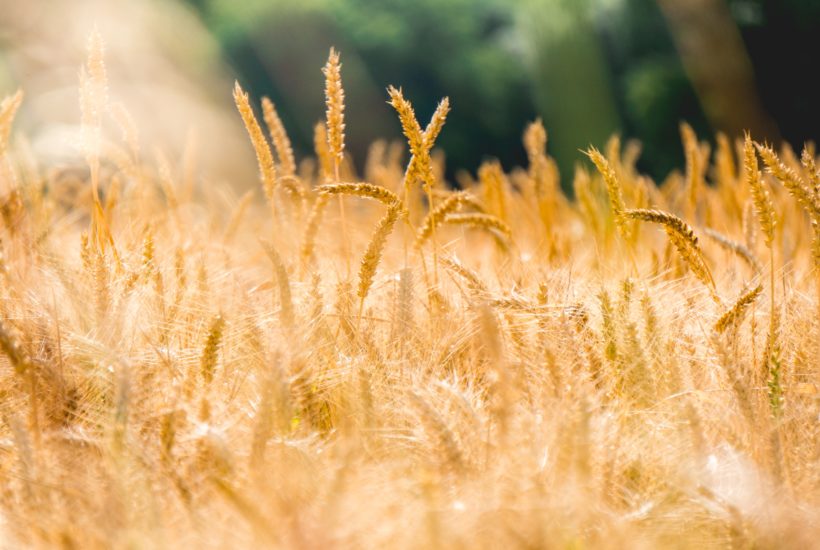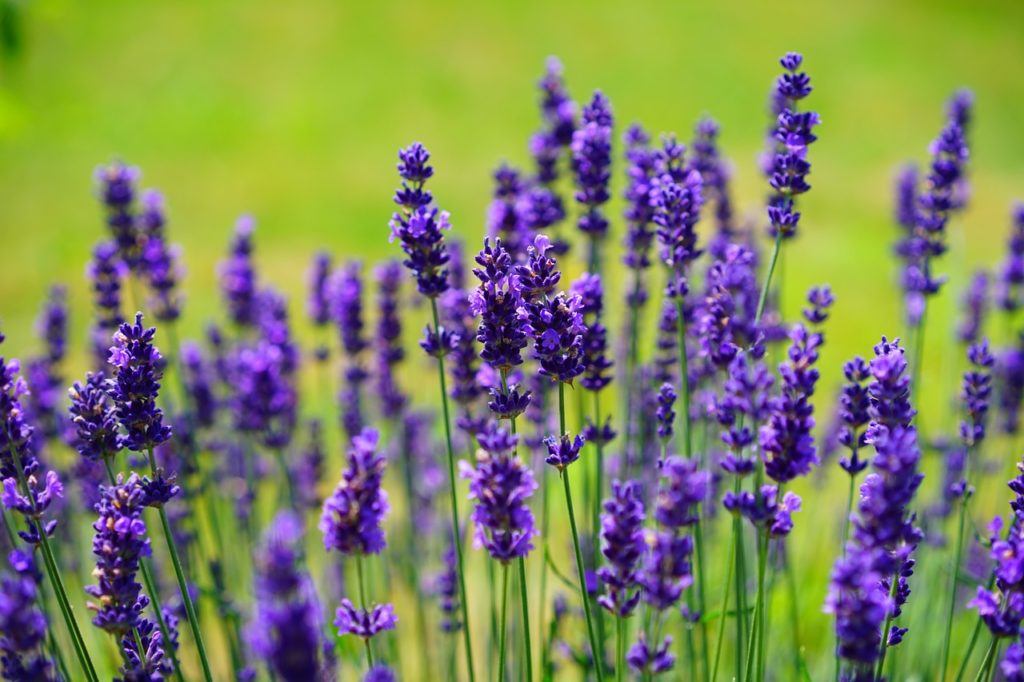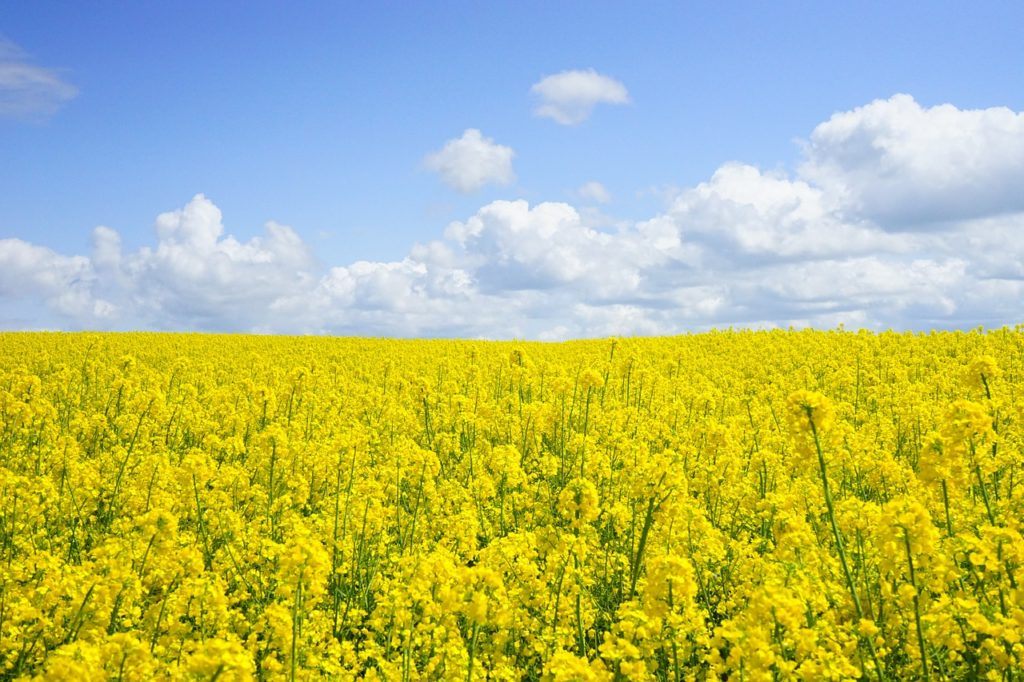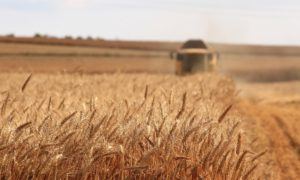Biotech
The AFBV moves ahead with new categorization for plants
The French Plant Biotechnology Association wants to categorize each published plant according to the genetic modifications made to their genetic heritage and not to the technology used to obtain them. According to the Court of Justice of the EU, plants obtained by mutagenesis are comparable to genetically modified plants. But only if the technique used existed before the decision.

The French Plant Biotechnology Association (AFBV – in French) wants to categorize each published plant. AFBV wants to do this according to the genetic modifications made to their genetic heritage. And not according to the technology used to obtain them, as is currently the case in Europe under Directive 2001/18.
No distinction between genetic modifications
According to the Court of Justice of the European Union (decision of 25 July 2018), plants created through mutagenesis are comparable to genetically modified plants. But only if the technique used existed before the publication of Directive 2001/18 on the deliberate release into the environment of genetically modified organisms. This is why genomic publishing is one of these technologies.
In other words, the decision of the European Court of Justice makes no distinction between the different genetic modifications made to plant genomes. The hazardous insertion, in the genome of a plant, of a gene of another species, is not comparable to genomic editing.
Genome editing consists of simply and precisely modifying the site of the genome of these same plants. Moreover, the decision of the Court of Justice does not take into account the evolution of the technologies used.

“If the European Union does not quickly adopt appropriate regulations for these precision biotechnologies, our crops will be in danger. Also, the EU’s food security will come under threat. And the competitiveness of European agriculture will suffer a serious handicap”, said Georges Freyssinet, President of the Association française des biotechnologies végétales (AFBV).
The need for stronger plants
As farmers have fewer and fewer products available to effectively treat their crops, orchards and vegetables, they need new varieties of plants. Ones that can naturally defend themselves against predators (insects) and parasites (fungi). For example, by emitting volatile repellent substances.
Rapeseed cultivation is already at risk. Cereal growers no longer have the means to effectively eradicate flea beetles. Because the authorities banned the use of neonicotinoids.
At the same time, however, the European Union imports products treated with substances banned on its territory.
The AFBV wants to enable European research to continue its plant breeding work. In this regard, the AFBV and other European associations propose to categorize genetically modified plants according to the nature of the transformation carried out on their genome.
And then, to prepare a dossier to confirm on a case-by-case basis, before release or marketing, whether or not the published plants are excluded from Directive 2001/18.
Proposal for classification into four categories
According to the genetic modifications made, the AFBV distinguishes four categories of published plants.
The first category includes plants with a known allele. The one present in the genetic heritage of the species to which they belong. This first category of plants is different from the second. That would include plants published according to a known allele model but present in the plant kingdom in general.

If the introduced allele is new, of the type obtained through mutagenesis, then the plants would be in category 3. And if the insertion concerns several genes of a plant of the same species, then the published plants would constitute the fourth category.
AFBV will submit a proposal to EU to change the GMO directive
The AFBV will submit this proposal to the European Commission for an update of the European Directive 2001/18 on GMOs during its next mandate. The directive must also cover imported products.
As the European market is no longer profitable, countries that export these commodities in the near future could deliberately turn away from them by no longer producing the authorized commodities.
__
(Featured Image by Stephen Radford via Unsplash)
First published in wikiagri, a third-party contributor translated and adapted the article from the original. In case of discrepancy, the original will prevail.
Although we made reasonable efforts to provide accurate translations, some parts may be incorrect. Born2Invest assumes no responsibility for errors, omissions or ambiguities in the translations provided on this website. Any person or entity relying on translated content does so at their own risk. Born2Invest is not responsible for losses caused by such reliance on the accuracy or reliability of translated information. If you wish to report an error or inaccuracy in the translation, we encourage you to contact us.

-

 Fintech2 weeks ago
Fintech2 weeks agoDruo Doubles Processed Volume and Targets Global Expansion by 2026
-

 Business3 days ago
Business3 days agoDow Jones Stalls Near Record Highs as Inflation-Fueled Rally Awaits Next Move
-

 Business2 weeks ago
Business2 weeks agoTopRanked.io Weekly Affiliate Digest: What’s Hot in Affiliate Marketing [Health Trader Affiliate Program Review]
-

 Africa1 week ago
Africa1 week agoAir Algérie Expands African Partnerships

















